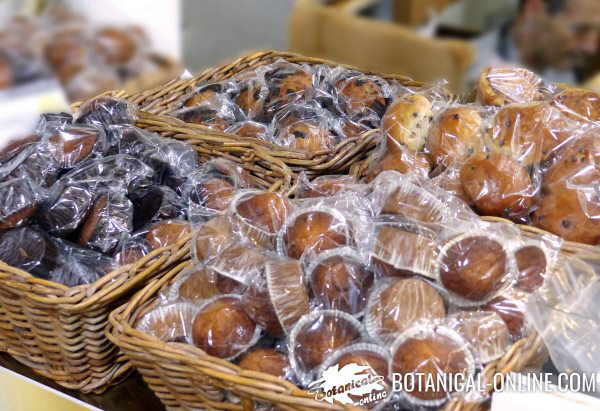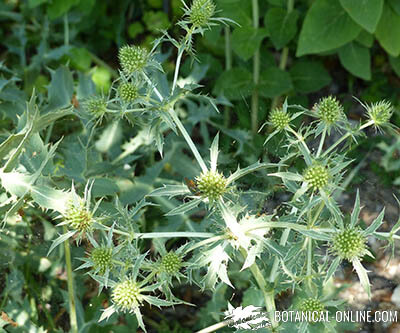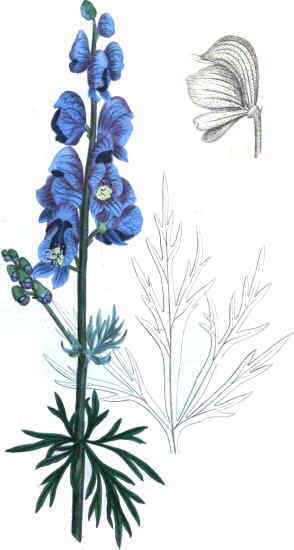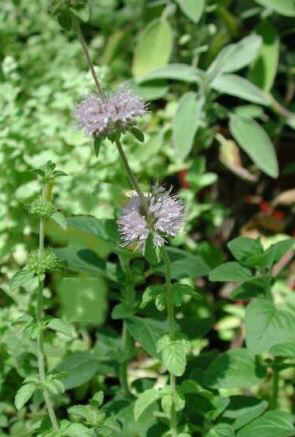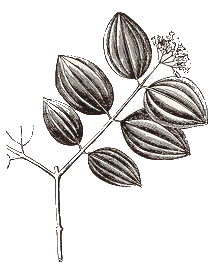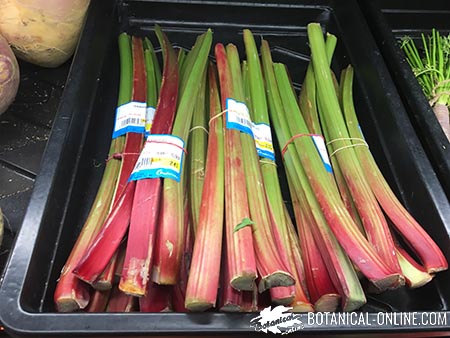Medicinal plants for postpartum depression
Phytotherapy: Herbal remedies for postpartum depression
The primary role of herbal medicine is to use those plants whose purpose will result in:
– Avoid falling into a depressive state when the first symptoms are suspected.
– The treatment of mild depression
– In deep and medium depression, to encourage the replacement of antidepressants, which have many side effects – weight gain, gastric problems, hypertension, etc. – for other less aggressive natural remedies. This substitution should be made gradually, after overcoming the initial crisis, while continuing with the initial treatment, to avoid a relapse.
Internal use:
– Chamomile: (Matricaria chamomilla L.) (Infusion of a spoonful of dry flowers. Take a cup at night to sleep)
– Lemon balm: (Melissa officinalis L.) (Infusion of a spoonful of dried plant per cup of water. Take 3 cups a day) (Do not give its essential oil to pregnant or lactating women)
– Yarrow (Achilea millefolium L.) (Mixture of chamomile and yarrow tincture at a rate of 4 drops a day after the three main meals)
– Saint John’s wort: (Hypericum perforatum L.) (10 drops of tincture three times daily) (A teaspoon of crushed flowers 2 times a day) (Not to be prepared from this plant during pregnancy or breastfeeding) (See contra-indications in the general study of the plant)
– Passion flower: (Passiflora caeurulea) (Infusion of a couple of tablespoons of dried plant per half liter of water. Drink a couple of small cups a day) (Maceration desired amount of dry plant with the same amount of alcohol for a week. Refine and take about 25 drops per day (Do not use during pregnancy or lactation) (see contraindications in the general study of the plant)
– Ginger: (Zingiber officinale) (Eat ginger with meals or eat three capsules per day divided into 3 doses) (If you use it for pregnancy vomits or while nursing, consult with your doctor about the convenience of it, since can induce abortion) (see contraindications on the general study of the plant)
– Valerian: (Valeriana officinalis L.) (Infusion of about 15 grams of the root of the plant that is set aside for the night) (Do not use during pregnancy or lactation) (See general contraindications to the study of plant)
– Willow: (Salix alba) (Infusion of a pinch of dried leaves and flowers. Three cups a day) It should not be taken in combination with other anticoagulants or anti-inflammatory drugs during pregnancy or in those who present ringing in the ears (tinnitus)
– Hawthorn: (Crataegus oxycanta L.) (A spoonful of syrup three times a day. It is sold in pharmacies. (Do not give to pregnant or lactating women)
– Mint: (Mentha piperita, Mentha rotundifolia) (To soothe heart palpitations can drink hot water with few drops of their essence) (Do not give its essential oil to pregnant or lactating women)
External use:
The best solution is to use plants in baths, to take advantage of their soothing tonic properties for an unbalanced nervous system.
– Chamomile: (Matricaria chamomilla L.) (Add the liquid from an infusion of dried flowers fully charged to bath water. You can also add about 15 drops of essence)
– Saint John’s wort: (Hypericum perforatum L.) (sitz baths and foot with the resulting liquid from having the plant for 10 hours immersed in cold water. Strain and pour hot in the bathroom) See contraindications.
![]() More information on postpartum depression and its natural treatment.
More information on postpartum depression and its natural treatment.
Related information: Use of B1 vitamin (thiamin) supplements and folic acid to treat depression.

